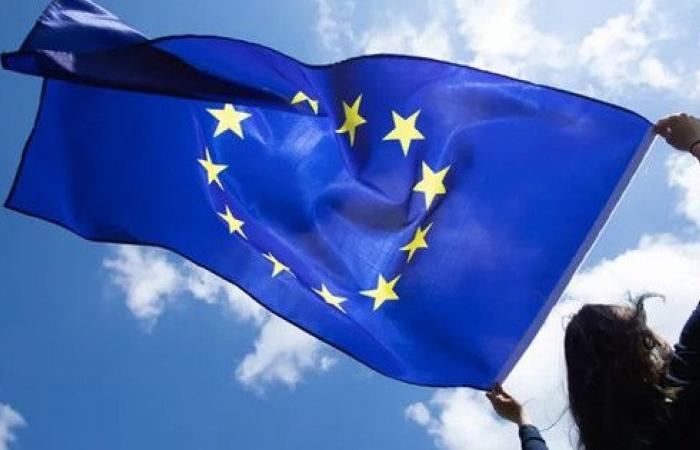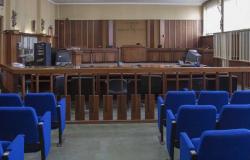«These were elections that marked the time» –. He is convinced of it the President of UCID Padua Massimo D’Onofrio in presenting the last meeting of the cycle dedicated to Europe in view of the recent elections which reveal scenarios that are anything but reassuring.
Already with the previous meetings UCID Padova had tried to outline the possible scenarios to which the European Parliament would have to anchor itself in order to manage a difficult geopolitical situation.
«We talked about the economy, the protection of rights and European defence, advocating the importance of an informed vote, in particular addressing young people and trying to make them understand the importance of exercising a duty which is first and foremost a civic right – goes on D’Onofrio –. And thanks to the collaboration with FUCI Padova, many young people actually followed us by attending the meetings of the proposed process. But the recent elections have highlighted problems in some foreign states – first of all France – which will inevitably also have repercussions on our country, both from an economic, social and political point of view. For this reason we thought it appropriate to organize a final meeting with a political scientist who has already been our guest, Professor Paolo Feltrin, to help us draw the threads of a situation that must be understood and addressed.»
«Beyond the electoral campaign, conducted in each country (as always) only on internal political issues – comments the Prof. Paolo Feltrin speaker of the meeting – there is no doubt that in the history of European elections, from 1979 to today, they have never had so much resonance (before the vote) as in this 2024, as well as so much attention to the political consequences (after the vote). There are at least two explanations: firstly, everyone, even the most distracted, perceives the importance of the upcoming challenges that Europe must face, from the war in Ukraine to the economic consequences of the digital revolution, from the Green Deal to the problem of tariffs towards China and the Far Eastern countries; secondly, it is not clear who and how should lead the EU, given the internal problems of the most important countries of the Union, as in the case of France and Germany.»
«Contrary to what many people think – he continues Feltrin – elections are necessary; they are not just a ritual, nor can they be replaced by surveys, social media, internet followers, and so on. They are useful because, despite their many flaws, they are the only reliable measure of popular consensus. And they are needed both within each country and at a European level. Just look at France where President Macron, following the electoral defeat, has already dissolved the national Parliament on 10 June and called elections on 30 June, only 20 days later (how they manage to organize everything in such a short time should be explained to our ministerial bureaucracy). Or just look at Germany, where the collapse of the SPD (13.9%) and the advance of the AfD (15.9%) poses a serious threat to the future of the coalition between Social Democrats, Greens and Liberals. Hence also a forecast of great difficulty for the European Union in the coming years. In fact, it is a very different Europe from the past that emerges from the ballots in the elections for the European Parliament. First of all, the axis between the People’s Party and the Socialists that has governed Europe from 1979 to today appears to be in great difficulty, even though thanks to the Liberals it still has a majority in the European Parliament. At the end of the last century, in 1999, the sum of the seats of the two great historical parties (EPP and S&D) was equal to 66%, today it has fallen to 44%, 22 points less, largely won by the conservatives and the multifaceted archipelago of the right. Of course – concludes the Prof. Paolo Feltrin – as has been said, it is not the EU’s traditional governance formula that is in question but rather its effective ability to act on the most critical dossiers. Usually, in the last century, when Europe was silent, it was the United States that guided continental choices, in particular through NATO, the OECD, and the thousand bilateral and multilateral tables. Whether Biden wins or Trump wins, will it still be like this tomorrow?”
This meeting, like all those organized by the UCID section of Padua, is also open to the public and to anyone who wishes to find out more. An opportunity to gather ideas in order to try to understand what type of Europe awaits us.
Source: Ucid Padua






